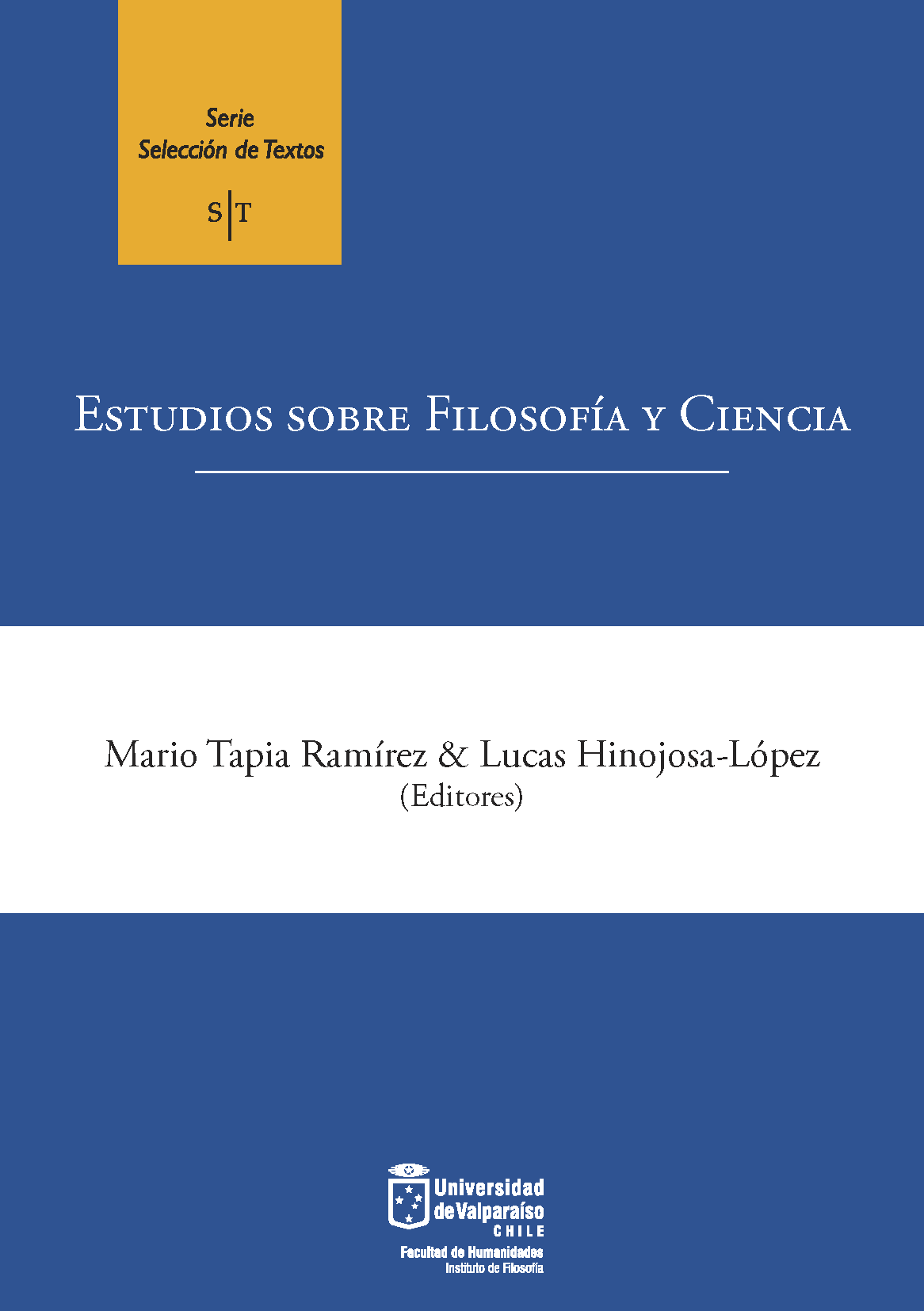Conjuntos de creencias y coherentismo: posibles manipulaciones del conocimiento científico
DOI:
https://doi.org/10.22370/sst.2025.10.4904Keywords:
Knowledge, Coherentism, Justification, Paradigm, Normal ScienceAbstract
In a technological world where science prevails, it becomes necessary to conduct a critical analysis of it. With this premise, the writing we present today originates. Our goal is to seek mechanisms and frameworks that allow us to evaluate and understand how science operates, and above all, how decisions are made within it. Understanding how scientific knowledge is established and what justifies it is a central axis of this explanation. With this in mind, our intention is to propose a framework to assess and detect certain irregular situations within science, which go against the popularized view of it, and even the perspective the scientific community aims to project. Our mission today is to demystify science, expose its structure and development, with the intention of o↵ering a vision of scientific practice that is more accesible to anyone who seeks it. To equip ourselves with the aforementioned tool of analysis, we will begin with scientific knowledge and its justification, and then focus on a specific model: coherentism. From this, we will explore how certain decisions are made that stray from what we would consider “scientific.and lead to situations that appear anomalous within the discipline, and subsequently give rise to manipulations of knowledge.
Downloads
References
Aristóteles. (1994). Metafísica. Madrid. Gredos.
Baudelaire, C. (1857). Les Fleurs du mal: Les phares. Alenzón. Auguste Poulet-Malassis.
Comte, A. (1980). Discurso sobre el espíritu positivo. Versión y prólogo de Julián Marías. Madrid. Alianza Ed.
Darcy, J. (2007). Introducción a la epistemología contemporánea. Madrid. Tecnos.
Fricker, M. (2017). Injusticia epistémica. Barcelona. Herder. Fundación Gustavo Bueno. (2017). http://fgbueno.es. (s. f.). Enciclopedias y diccionarios: Sistema geocéntrico y heliocéntrico del mundo. https://www.filosofia.org/enc/ros/sis4.htm.
Gettier, E. (1963). “Is Justified True Belief Knowledge?”. Oxford. Analysis. 23 (6) , pp. 121–123.
Hempel, C. (1996). La explicación científica: Estudios sobre la filosofía de la ciencia. Barcelona. Paidós.
Hintikka, J. (2007). Socratic Epistemology: Explorations of Knowledge-Seeking by Questioning. Cambridge. Cambridge University Press.
Kuhn, T. (2011). La estructura de las revoluciones científicas. Ciudad de México. Fondo de Cultura Económica de México.
Latour, B. (1992). Ciencia en acción: Como seguir a los científicos e ingenieros a través de la sociedad. Barcelona. Labor.
Longino, H. (1990). Science as Social Knowledge. New Jersey. Princeton university press.
Mirowski, P. y Sent, E.-M. (2001). Science Bought and Sold. Chicago. University of Chicago press.
Platón. (2021). Teeteto. Diálogos v: Parménides Teeteto Sofista·Político. Madrid. Gredos. 137-317.
Young, J. (2003). La teoría de la verdad como coherencia. Victoria. Discusiones Filosóficas Año 4 N°7 , pp. 110-120.
Downloads
Published
How to Cite
Issue
Section
License

This work is licensed under a Creative Commons Attribution-NonCommercial-NoDerivatives 4.0 International License.

